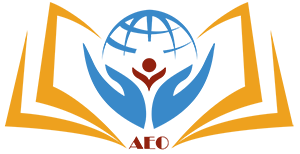
Afghanistan Economic Outlook
September 2024
Afghanistan Economic Outlook, is a creative initiative of the Afghanistan Economic and Legal Studies Organization (AELSO) which reflects most important & the latest economic events that happened during a month in Afghanistan.
By reading this economic newsletter, that has designed in three languages (Pashto, Dari & English), you can get a wider overview of Afghanistan’s economic situation.
Afghanistan Trust Fund in Switzerland Reports Earning $337M in Interest
 Officials of the Afghanistan Trust Fund in Switzerland say that the fund has gained $337 million in interest since its establishment.
Officials of the Afghanistan Trust Fund in Switzerland say that the fund has gained $337 million in interest since its establishment.
A member of the fund’s board emphasized that the trust fund operates independently, with the aim of maintaining currency value stability, price stability, and financial sector stability.
Shah Mohammad Mehrabi, board member of the Afghan Trust Fund in Switzerland, said: ” The fund operates independently with the purpose of receiving, protecting, preserving and dispersing assets for the benefits of the Afghan people. Its goals include foreign exchange rate and price stabilization with the primary objective being the stabilization of the financial sector. It is not designed or intended for humanitarian purposes.”
The Ministry of Economy once again called on the international community to release Afghanistan’s frozen assets.
Abdul Latif Nazari, Deputy Minister of Economy, said: “All of Afghanistan’s assets that are frozen and blocked abroad are the legitimate and logical right of the Afghan people. Therefore, we demand that these funds be returned to the Afghan people as soon as possible so that they can be used for the economic growth and development of the country.”
Sakhi Ahmad Peyman, the First Deputy of the Chamber of Industries and Mines, said: “I hope the international community will lift these economic pressures so that the benefits can reach the Afghan people. For example, if the private sector could use these funds, it would help the economy, create job opportunities, and alleviate poverty.”
After the political developments in August 2021 in the country, over $9 billion of the country’s assets were frozen in US and European banks, of which $3.5 billion were transferred to the trust fund, but the fate of the remaining $6 billion in assets is still unclear.
Current Fiscal Year Sees Growth in Afghanistan's Revenue
 The United Nations Secretary-General, in his quarterly report on the situation in Afghanistan, said that the country’s revenue reached one billion dollars in the first four months of the current fiscal year, reflecting an 11% increase compared to the previous year.
The United Nations Secretary-General, in his quarterly report on the situation in Afghanistan, said that the country’s revenue reached one billion dollars in the first four months of the current fiscal year, reflecting an 11% increase compared to the previous year.
The report also mentions that, as of August 30, 2024, only 24.9% of the $2.9 billion needed for humanitarian aid to Afghanistan has been secured.
Additionally, the report notes that Afghanistan’s customs revenue experienced a 2% decrease during this period compared to the previous year. UN Secretary-General António Guterres also stated: “State revenue for the first four months of the current fiscal year, beginning in March 2024, reached around $1 billion (69.7 billion afghani), reflecting year-on-year growth of 11 percent and exceeding the target by 3 percent. This is driven primarily by a 30 percent year-on-year increase in the revenue derived from the Revenue Department, while the Customs Department experienced a 2 percent year.”
Shams-ur-Rahman Ahmadi, an economic expert, told TOLOnews: “In the past three years, the revenue generated from domestic sources has increased significantly, amounting to several billion dollars. All of this should be invested in projects that create job opportunities for the Afghan people and be allocated to infrastructure projects.”
The UN Secretary-General’s report also highlighted that in 2024, 23.7 million people in Afghanistan will need humanitarian assistance. As of August 30, 2024, only 24.9% of the required $2.9 billion for aid to Afghanistan has been provided.
Mir shakib Mir, another economic expert, said: “The reduction in international aid can negatively affect household economies and increase poverty in Afghanistan. Additionally, international aid needs to be prioritized, with some focused on strengthening Afghanistan’s economic infrastructure.”
Meanwhile, the Ministry of Economy considers the continuation of aid crucial for improving Afghanistan’s economic situation under current conditions.
“Humanitarian and developmental aid is a necessity for the Afghan people. We request international organizations, including those affiliated with the United Nations, to increase both the quantity and quality of aid to the people of Afghanistan,” said Abdul Latif Nazari, the Deputy Minister of Economy.
Previously, the World Food Program had reported that 12.4 million people in Afghanistan, including 8% who are women and children, are in need of assistance; however, due to a lack of funds, the organization is only able to assist one million people.
More Than 2,000 Women in Baghlan Earn Income From Handicrafts
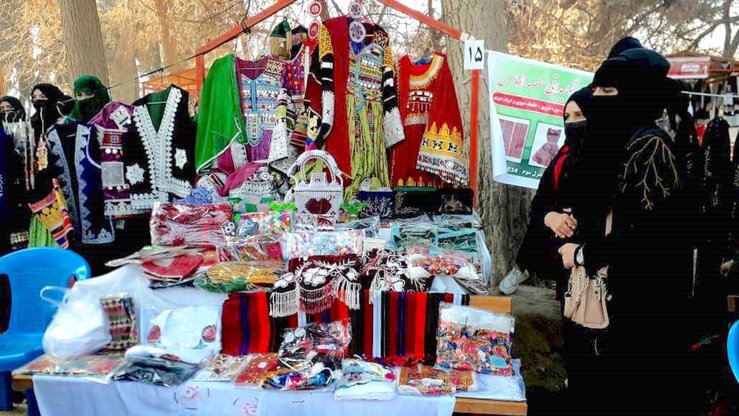 The Baghlan Directorate of Information and Culture said, over 2,000 businesswomen in the province are engaged in producing handicrafts. According to officials, these women are carrying out their activities in designated areas while adhering to the Islamic Emirate’s regulations.
The Baghlan Directorate of Information and Culture said, over 2,000 businesswomen in the province are engaged in producing handicrafts. According to officials, these women are carrying out their activities in designated areas while adhering to the Islamic Emirate’s regulations.
The acting head of Baghlan’s Department of Information and Culture, said: “2,000 businesswomen are engaged in handicrafts in the center and districts, earning a daily income to support their families.”
Some businesswomen say that with the income they earn through this work, they can cover part of their families’ living expenses.
Parwana, a businesswoman, said: “Since the universities and schools were closed, we are forced to do tailoring and currently support our families through this work.”
Najiba Shirzai, a professional trainee, said: “I am currently the sole breadwinner. My three-year-old brother is disabled, I don’t have a father, and my mother is ill.”
Meanwhile, a large number of women in other provinces are also engaged in producing handicrafts to cover their families’ living expenses.
They are asking officials not only to support their activities but also to organize large exhibitions inside and outside the country to promote their products.
UNAMA Stresses Long-term Support for Afghan Citizens
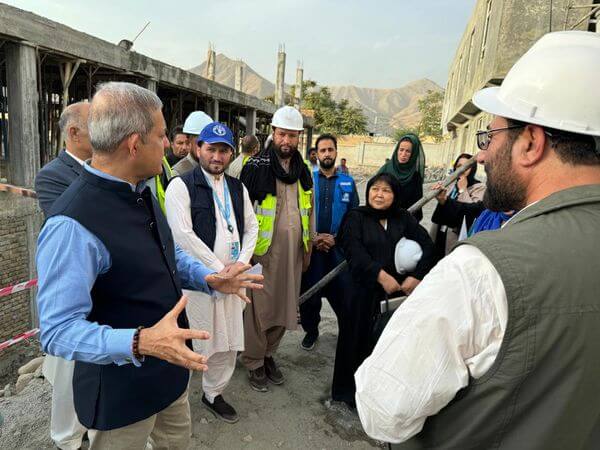 The United Nations Assistance Mission in Afghanistan (UNAMA) has emphasized long-term support for Afghan citizens.
The United Nations Assistance Mission in Afghanistan (UNAMA) has emphasized long-term support for Afghan citizens.
Indrika Ratwatte, the UNAMA deputy special representative for Afghanistan, during a visit to UN projects in Khost and Paktia provinces, stated that various challenges, including the return of Afghan refugees from Pakistan and Iran, negative climate impacts, and widespread poverty, have made Afghanistan more vulnerable.
Ratwatte mentioned that not only should humanitarian needs be addressed for Afghan citizens, but sustainable solutions must also be developed. According to Ratwatte, sustainable solutions in remote areas empower communities to reflect their needs.
Indrika Ratwatte, the deputy head of UNAMA, stated: “We have allocated 40 million dollars, particularly to remote and underserved areas, through the UN special fund. The importance of sustainable solutions in these areas is that they empower communities and reflect their needs. This approach engages with communities to identify their needs, determine solutions to address those needs, and, if necessary, involve communities and authorities in the implementation of these projects.”
Meanwhile, some experts believe that short-term international support is not effective in reducing poverty in Afghanistan. They argue that for assistance to be impactful in the long term, it needs to be invested in infrastructure.
Abdul Ghafar Nazami, an economic expert, said: “If we examine the impact of global aid on the economy of Afghan families, we can sense that there has been very little progress in improving their lives.”
Earlier, the head of UNAMA, in a special Security Council meeting on Afghanistan, expressed concern over the economic crisis in Afghanistan and stated that the United Nations has requested three billion dollars in aid for Afghan citizens in 2024. However, so far, only 30 percent of this budget, amounting to $900 million, has been received.
Practical Work on TAPI, Other Projects Begins in Afghanistan
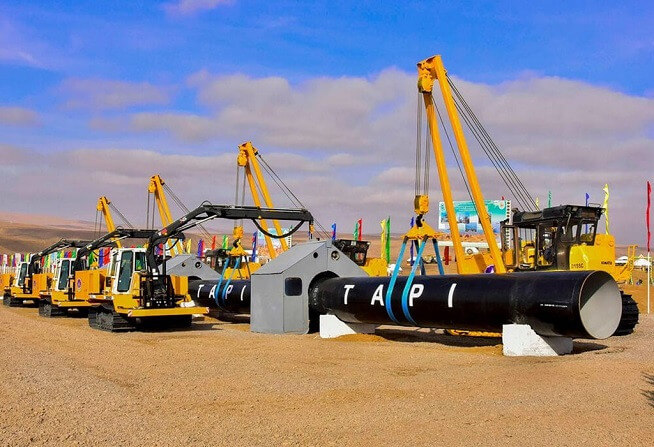 After years of anticipation, practical work on the TAPI project began in Afghanistan on Wednesday, September 11, 2024.
After years of anticipation, practical work on the TAPI project began in Afghanistan on Wednesday, September 11, 2024.
Meanwhile, the work on fiber optic transmission, expansion of the Torghundi railway, and the Noorul Jihad power plant in Herat city also commenced.
The officials of the de facto government and Turkmenistan, in the inauguration ceremony of this major regional project, described the initiation of these projects as important steps towards strengthening the economies of both countries and improving regional relations.
Mullah Mohammad Hassan Akhund, the Prime Minister of de facto government, said at the ceremony: “We have been waiting for this day for years. There might have been many problems and challenges for the people of Turkmenistan and Afghanistan until these major projects reached this point, which we are inaugurating today.”
Serdar Berdimuhamedow, the President of Turkmenistan, said: “The start of these projects demonstrates the good neighborliness of our countries. These projects are beneficial not only for the people of Afghanistan and Turkmenistan but also for the countries of the region. Our cooperation with Afghanistan has reached a high level.”
According to TAPI project officials, upon completion of the project, it will provide employment opportunities for 12,000 people in Afghanistan, and the country’s annual revenue from this project will be close to one billion dollars.
Amanov, CEO of the TAPI project, said: “We are very pleased that the TAPI project has been completed in Turkmenistan and that work has begun on Afghan soil. Cooperation from Afghanistan is needed for this project to be realized, and it must collaborate in this regard.”
In addition to TAPI, the work on the fiber optic transmission from Turkmenistan to Afghanistan, the expansion of the Torghundi port railway, and the operation of the Noorul Jihad power plant in Herat have also commenced.
Abdul Bari Omar, head of the Breshna Company, said: “Previously, 60 to 70 megawatts of electricity were imported from Turkmenistan to Herat; but this energy will now reach 120 megawatts. This initiative will solve the electricity problems of the people of Herat and its industrial factories.”
The TAPI project was initiated eight years ago in the presence of the then-leaders of Afghanistan, Turkmenistan, Pakistan, and India in Herat, but the practical work on it did not proceed within the country for reasons that are unclear.
Kyrgyzstan seeks to strengthen trade, economic ties with Afghanistan
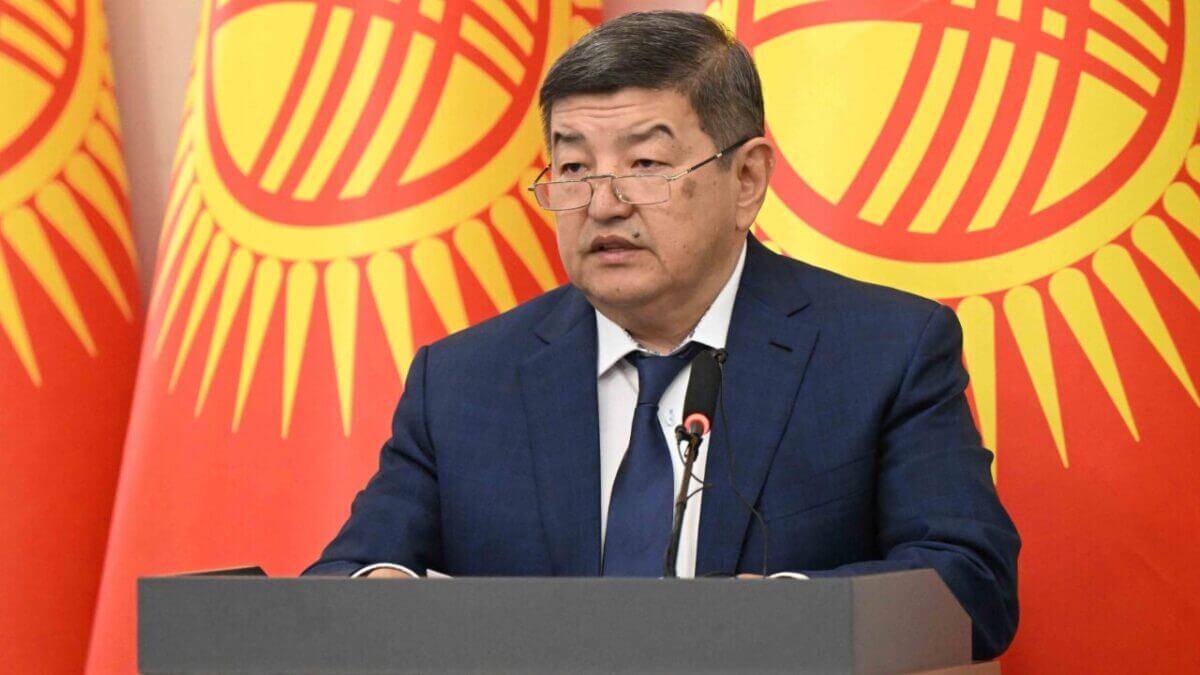 Kyrgyzstan is aiming to expand trade and economic relations with Afghanistan, particularly in sectors such as transportation, energy, and agriculture, according to Akylbek Japarov, Chairman of the Cabinet of Ministers.
Kyrgyzstan is aiming to expand trade and economic relations with Afghanistan, particularly in sectors such as transportation, energy, and agriculture, according to Akylbek Japarov, Chairman of the Cabinet of Ministers.
Japarov’s comments followed a meeting with Noorullah Amin, the Taliban’s acting chargé d’affaires to Kyrgyzstan, as reported by Trend News.
“Kyrgyzstan is interested in developing trade and economic ties with Afghanistan, including improving transportation links, jointly exploring Afghan mineral resources, and collaborating in energy, industry, and agriculture,” Japarov said. He emphasized the country’s commitment to advancing “promising projects” that would benefit both nations.
Despite these ambitions, trade between Kyrgyzstan and Afghanistan has recently seen a decline. According to the National Statistical Agency of Kyrgyzstan, trade volume between the two countries amounted to $8.8 million in the first half of this year, marking a 33.6 percent drop from $13.2 million during the same period in 2023. Kyrgyzstan’s exports to Afghanistan totaled $5.8 million, while imports stood at $2.9 million.
The meeting comes against a backdrop of ongoing concerns from Afghan traders about the country’s banking system, which has been strained under the Taliban’s rule. The Central Bank of Afghanistan is currently led by a UN-sanctioned Taliban official, complicating financial transactions and international relations. While the sanctions are targeted at individuals within the Taliban, rather than Afghanistan as a whole, they continue to impact the country’s economic prospects and its ability to engage in international trade.
320 Shoe Manufacturing Factories Operating in Herat
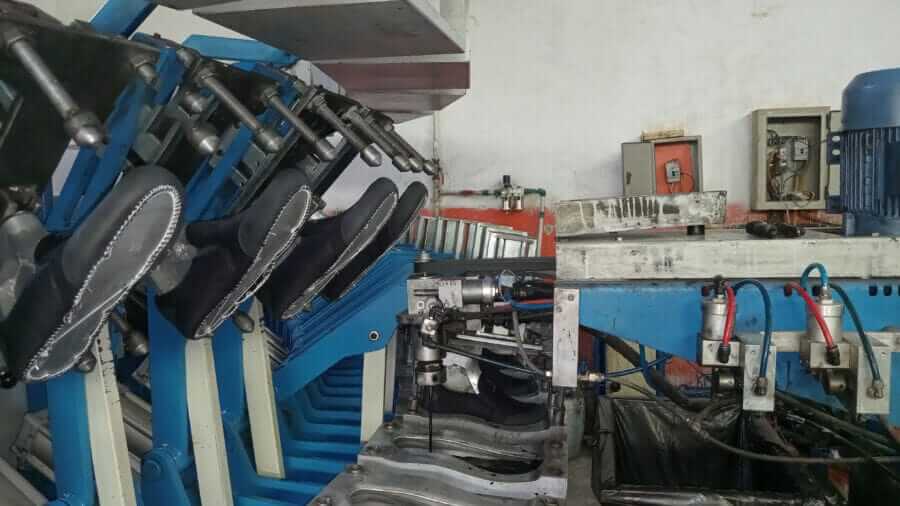 Local officials in Herat have told TOLOnews that there are currently 320 small and large shoe manufacturing factories operating in this province, producing up to 50,000 pairs of shoes daily.
Local officials in Herat have told TOLOnews that there are currently 320 small and large shoe manufacturing factories operating in this province, producing up to 50,000 pairs of shoes daily.
Among these factories, there are ten large industrial shoe manufacturing plants that have recently started their operations in Herat.
Abdul Wahab Amini, the head of the Shoe Manufacturers Union in Herat, told TOLOnews: “50,000 pairs are produced daily. If the shoe industry is supported, it could reach up to 200,000 pairs per day.”
Imports of shoes from neighboring countries have negatively impacted the business of local shoe manufacturers. However, statistics show that shoe production in Herat has increased by ten percent compared to last year.
Mustafa Darwishi, the head of one of the shoe manufacturing factories, said: “When foreign products enter the country, their prices are very low. The customs duty is low, and sellers sell them cheaply. If the customs duty is increased, their prices will rise, and as a result, we will also be able to earn a living.”
Mohyiddin, an employee at a shoe manufacturing factory, said: “Shoes come in large quantities from other countries like Iran, Pakistan, and China, and this causes our work to weaken.”
More than 4,000 people are employed in shoe manufacturing factories in Herat. These individuals have become skilled workers by learning the craft of shoe production.
In recent years, nearly seventy shoe manufacturing factories in Herat have ceased operations due to the import of shoes from abroad.
In the shoe production workshops in Herat city, various types of men’s, women’s, children’s, spring, and winter shoes are produced.
Foreign, Domestic Companies Considering Investments Totaling $5 Billion
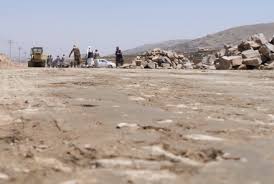 The Economic Affairs Office of the Prime Minister has announced that dozens of domestic and foreign companies are interested in investing over $5 billion in Afghanistan.
The Economic Affairs Office of the Prime Minister has announced that dozens of domestic and foreign companies are interested in investing over $5 billion in Afghanistan.
According to the statement from the Economic Affairs Office, domestic and foreign investors aim to invest in sectors such as agriculture, infrastructure, industry, energy, mining, telecommunications, healthcare, and transportation in the country.
Hamidullah Fitrat, the deputy spokesperson of the de facto government, said: “Domestic and foreign companies have shown interest in investing approximately 5.348 billion dollars in agriculture, infrastructure, industry, energy, mining, telecommunications, healthcare, and transport sectors.”
Meanwhile, the Minister of State for International Cooperation of Qatar discussed the situation in Afghanistan and development projects in the country during a meeting with the Deputy Administrator of the U.S. Agency for International Development (USAID).
Mohammad Nabi Afghan, an economic expert, commented on the activities of the US Agency for International Development (USAID), saying, “USAID was very active and greatly supported the private sector, particularly in assisting farmers with fruit exports and in infrastructure projects.”
Sayed Masood, another economic expert, highlighted the importance of USAID’s activities, saying, “I believe if USAID resumes its operations in Afghanistan after three years, it will create a sense of regional trust.”
The Ministry of Economy has emphasized the significance of USAID resuming its activities for the country’s economic growth and stressed the need for USAID and other organizations to restart their operations in Afghanistan.
Abdul Latif Nazari, Deputy Minister of Economy, told media: “USAID can help Afghanistan in economic development, including the growth of agriculture, trade, and small and medium-sized industries, as well as managing natural resources like the environment and infrastructure issues such as water supply, electricity, and road construction.”
USAID supported major projects in Afghanistan, including CASA-1000, but halted its operations after the Islamic Emirate’s return to power.
Recent Afghanistan Economic Outlook
Join to our Newsletter
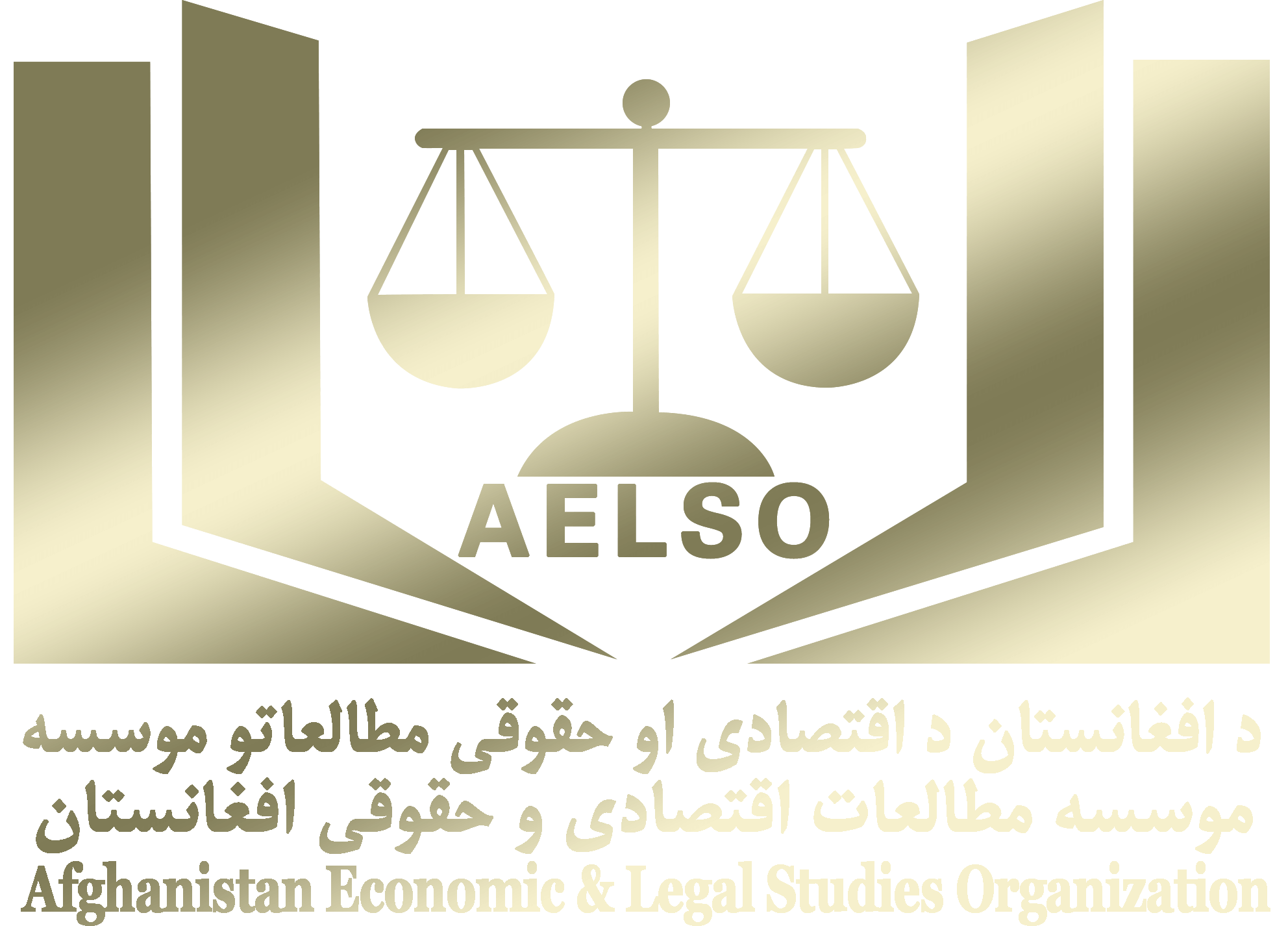
Advancing the Ideas for a Peaceful and Prosperous Afghanistan
© 2024 Copyright Afghanistan Economic & Legal Studies Organization.